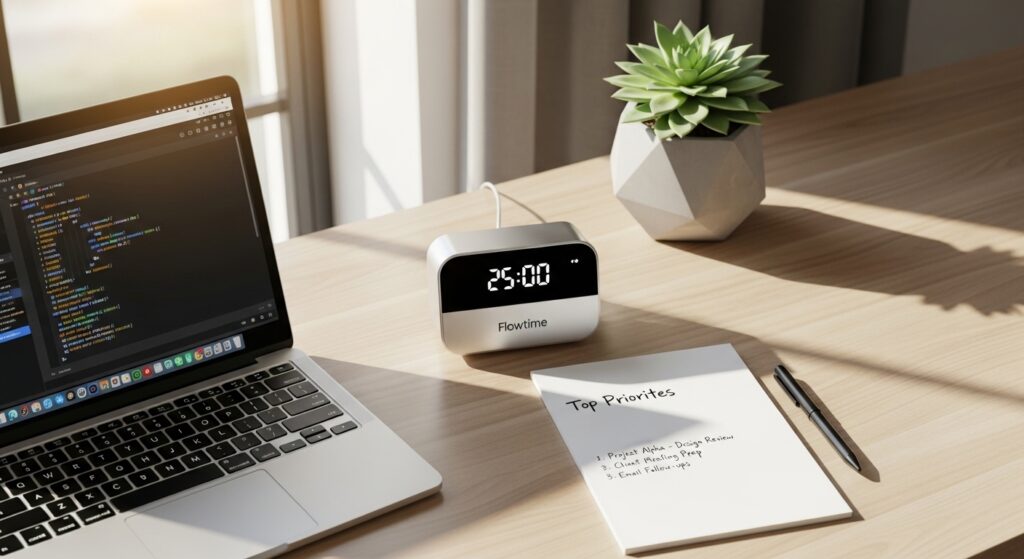Many people equate productivity with working longer hours, but true productivity is about achieving better results in less time. It’s not about cramming more tasks into your day—it’s about focusing on what matters most and working in ways that maximize your energy and efficiency.
By using proven productivity techniques, you can reduce wasted effort, avoid burnout, and still accomplish more than you thought possible. Here are practical strategies to help you work smarter, not harder.
1. Apply the 80/20 Rule (Pareto Principle)
The 80/20 rule states that 80% of your results often come from 20% of your efforts. Identify which tasks create the biggest impact and prioritize those. For example, in business, a small number of clients may generate the majority of your revenue—focus on nurturing those relationships rather than spreading yourself too thin.
2. Batch Similar Tasks Together
Switching between different types of tasks wastes time and mental energy. Instead, group similar tasks and do them all at once. For example, dedicate one block of time to answering emails, another to creative work, and another to administrative tasks.
3. Use Time Blocking
Time blocking involves scheduling your day into specific blocks dedicated to certain activities. This helps you stay focused and avoid distractions because you know exactly what you should be working on at any given moment.
4. Limit Your Daily Priorities
Overloading your to-do list can lead to stress and incomplete work. Instead, focus on three to five key priorities each day. Completing these high-value tasks consistently will have a bigger impact than trying to do everything at once.
5. Take Strategic Breaks
Working for hours without rest can drain your energy and reduce your output. Use methods like the Pomodoro Technique—25 minutes of focused work followed by a 5-minute break—to maintain focus and prevent burnout.
6. Delegate or Outsource When Possible
You don’t have to do everything yourself. If a task doesn’t require your personal expertise, consider delegating it to a team member or outsourcing it. This frees up your time for work that truly requires your attention.
7. Set Clear Deadlines
Deadlines create a sense of urgency that can improve focus. Even for self-imposed projects, set firm completion dates and stick to them. Without deadlines, tasks tend to expand and take longer than necessary.
8. Eliminate Low-Value Activities
Audit your daily activities to identify time-wasters—such as excessive meetings, unnecessary social media scrolling, or micromanaging small details. Reducing or removing these activities gives you more time for meaningful work.
9. Focus on Energy Management, Not Just Time Management
You might have eight hours in your workday, but your energy isn’t constant throughout. Identify your peak energy times and schedule your most challenging tasks for those periods. Use lower-energy times for lighter work.
10. Review and Reflect Regularly
At the end of each week, review what worked and what didn’t. This reflection helps you fine-tune your strategies and keep improving your workflow over time.
Working Less While Achieving More
The key to working less without sacrificing results is intentionality. Every task you take on should serve a clear purpose and align with your goals. By using these techniques consistently, you’ll find yourself producing better outcomes while freeing up time for rest, creativity, and personal growth.
In the end, productivity isn’t about doing more—it’s about creating more value with less effort.












